The team behind the BBC documentary Blue Planet II said there was rarely a time when no plastic was visible during filming at sea. The third episode of the film focuses on how plastic affects marine life. Production assistant Sarah Conner told the BBC: 'Almost every time I dived, I found some kind of plastic, sometimes it was plastic fishing line, sometimes it was candy wrappers, sometimes it was plastic bottles.
"If we see plastic waste while sailing on the open sea, we will always do our best to salvage it and take it away. All people who love the ocean will do this."

Plastic binds and binds marine life.
In the third episode of Blue Planet 2, viewers saw a hawksbill turtle trapped in a plastic bag. This time, it was lucky. Photographer Rafa Herrero Massieuz worked hard to free the hawksbill turtle, and it swam away unscathed.
Sarah said some scientists believe marine life trapped in plastic is the most serious man-made threat facing the ocean.
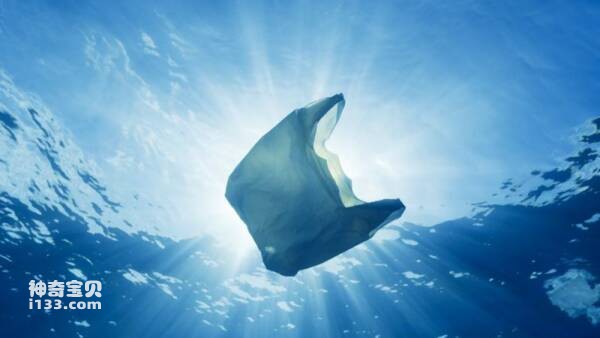
However, the seventh episode of "Blue Planet 2" will focus on another threat: the impact that plastic particles may have on marine life's absorption of industrial pollutants.
According to the producers, plastic particles may cause marine life to absorb more pollutants, which may subject large carnivores, such as pilot whales, to more severe chemical pollution.
Sarah told the BBC that plastic particles in the ocean are now "everywhere, eaten by a large number of marine life... There are even plastic particles in the deepest and deepest place on our planet, the Mariana Trench," she said, It is very necessary for scientists to do more research on plastic particles.
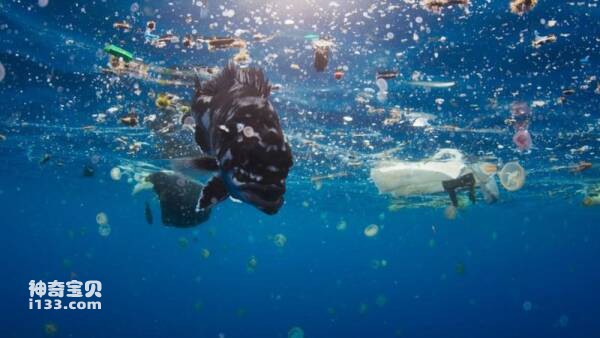
During the filming process, the "Blue Planet 2" production team documented all the plastic they found.
Oddly enough, it’s often the most remote, remote islands that have the worst plastic pollution. According to the producers, this is caused by ocean circulation. Gyres accumulate plastic in the center of every ocean, creating giant "garbage dumps."
Producers told the BBC that plastic pollution of the ocean is a worldwide problem that requires a global solution.
Scientific report describes the situation of marine plastic waste as very serious
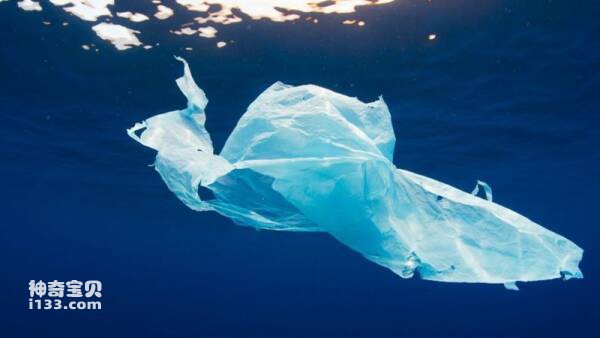
BBC documentary "Blue Planet":
The British Broadcasting Corporation BBC launched the documentary "Blue Planet" in 2001 to explore the mysteries of the ocean. "Blue Planet 2" has a total of 7 episodes and will be broadcast on October 29, 2017.
The filming of "Blue Planet 2" lasted 4 years, 125 expeditions, visits to 39 countries, and a total of 6,000 hours of diving and filming!
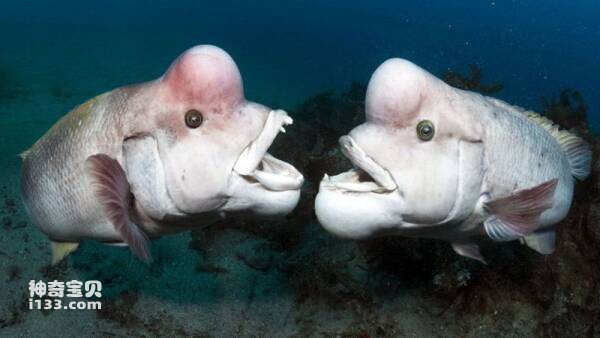
To enjoy more exciting video clips, visit the BBC website (English).
Sometimes, seeing plastic endangering aquarium/52-marine-animals.html">marine animals, the production team steps in to help.
Sarah said: "I have seen dead birds with their legs trapped in plastic bags. They cannot fly or forage. They probably starve to death. I have seen a diamondback turtle trapped in a fishing rope. Here, dead."
It has been widely reported in the past that swallowing plastic has killed many marine species, including sea turtles and albatrosses.
Once, off the coast of British Columbia, the Blue Planet 2 team helped free a trapped humpback whale. At that time, the humpback whale was dragging almost a kilometer of fishing net rope behind it and could only struggle to swim forward.
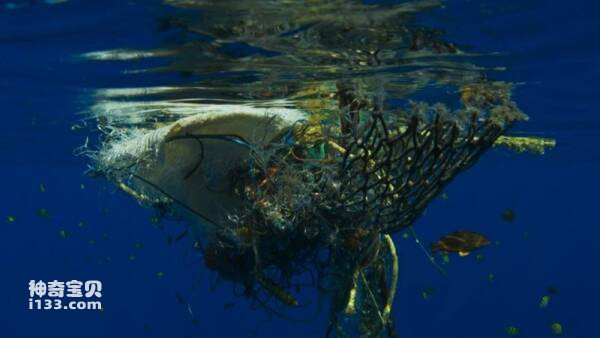
Photographer Raphael said that they spent nine hours rescuing the humpback whale until all the ropes were cleaned and the humpback whale could swim freely.
He said: "The hardest thing for us to deal with is the emotion. We can feel the whale's sadness."
In South Georgia, the production team also saw plastic in the pellets regurgitated by baby albatrosses.
Sarah said that her parents must have gone out to sea to forage and found plastic, thought it was edible, and brought it back to feed their babies.
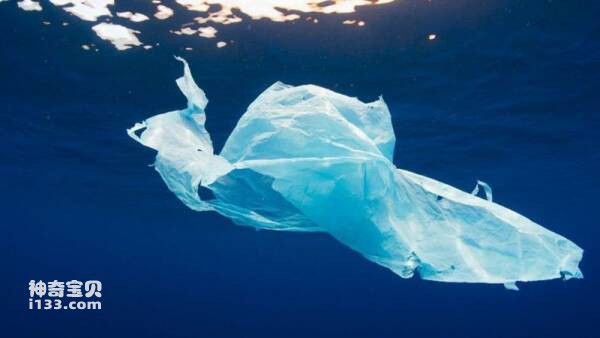
"A baby died. It ate a plastic toothpick and its stomach was punctured..."
Scientific research shows that the smell of decomposed plankton on the surface of plastic garbage is similar to that of rotting seaweed. Therefore, seabirds such as albatrosses will mistakenly think that they are food and ingest them.
Seabirds rely on their sense of smell to find food.
animal tags:
We created this article in conjunction with AI technology, then made sure it was fact-checked and edited by a Animals Top editor.